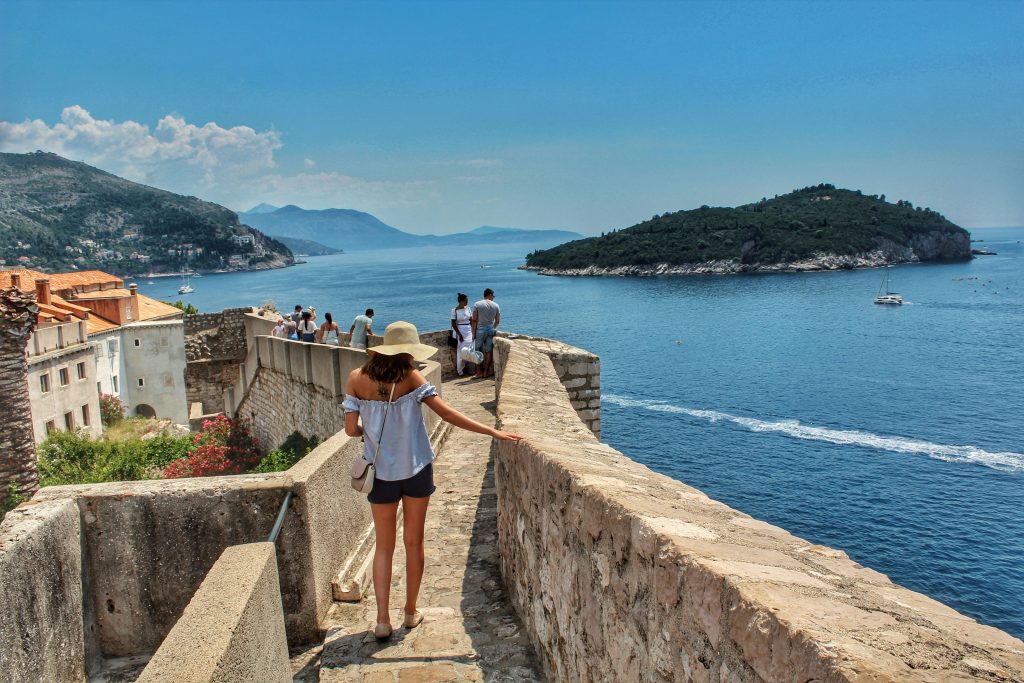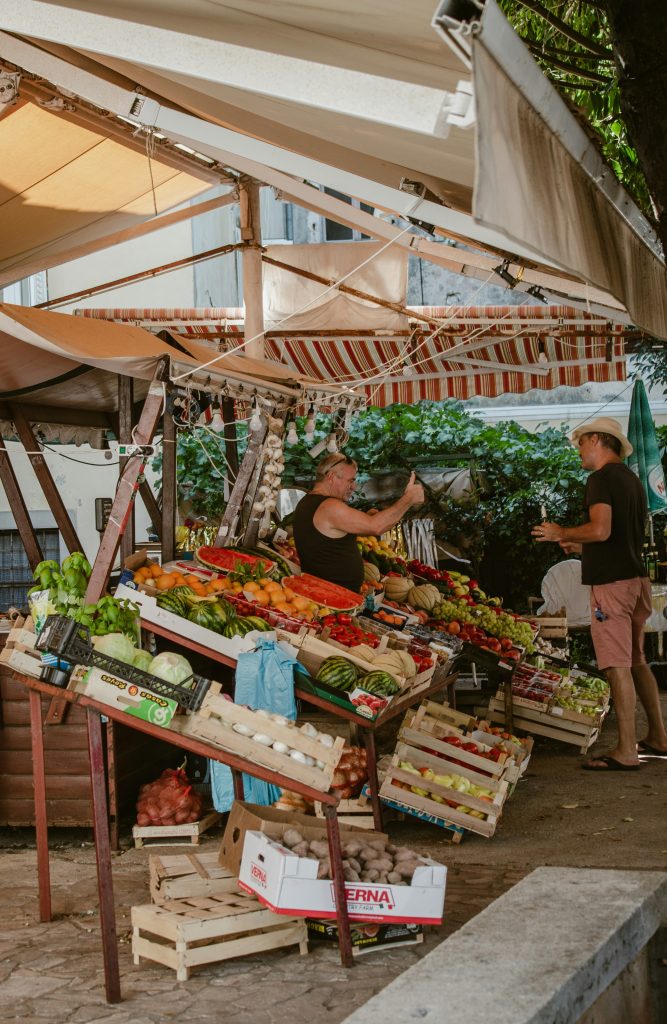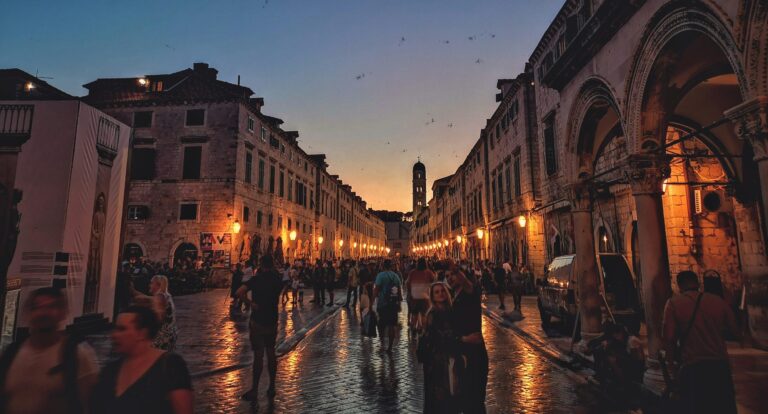27 June 2024 – Spain’s Balearic Islands recently saw large anti-tourism protests as locals expressed their resentment at mass tourism. Could similar anti-tourism protests erupt in Croatia?
As Poslovnji Dnevnik/Ana Blascović writes, thousands of disgruntled people in the Balearic Islands recently protested against mass tourism. Activists and environmentalists in the Canary Islands also warned that big tourist operators are “gobbling up” everything, while locals are being forced to live in their cars. What’s more, anti-tourist graffiti such as “My misery = your paradise” has appeared on building walls.
Venice, one of the world’s most touristy cities, has increased the entrance fee to its old town to 5 euros since April this year, in an attempt to at least partially stem the constant influx of countless tourists. What measures is Croatia taking against uncontrollable mass tourism? Work began in April on the creation of a sustainable tourism center, but its implementation is still in its early stages.
The center will allow expanding cooperation between the World Tourism Organization (UNTOC) and the relevant Croatian Ministries by establishing a research and development center for sustainable tourism, which will be established as an independent legal entity made up entirely of public institutions, in cooperation with the academic community.
Croatia’s tourism revenues last year were a staggering 14.6 billion euros, nearly 1.5 billion more than the year before. The figures are impressive, but most of them come from harmful mass tourism. So far, Croatian experts have clearly supported the creation of the center in principle, reserving a more detailed evaluation after concrete steps have actually been taken. Opinions are divided on whether Croatia will see large-scale anti-tourism demonstrations by disgruntled locals, as has happened in many other popular tourist destinations.
“I guess the Croatian anti-tourism protests won’t happen after all…”

“I don’t think anti-tourism protests in Croatia will finally happen. I think Croatian society has lost its protest character, and on the other hand, local residents mainly make a living from tourism. Why would they abandon the branch where they sit? What other option do local residents have when tourism accounts for about 25% of the country’s GDP? In coastal and island towns, where the concentration of tourists is even higher, almost every family gets additional tourist income and many make a living from tourism.
“Some cities that are actively taking part in the fight against overtourism, such as Venice, Barcelona, Palma de Mallorca and Amsterdam, receive more tourists than the whole of Croatia. At the same time, the tourist season in these cities lasts all year round, which is most often not the case here,” said Marko Peric, dean of the Faculty of Tourism and Hospitality Management.
“Mass tourism has already started in Croatia because there are a lot of tourists who are not able to pay,” believes Eduard Andric, president of the Croatian Tourist Services Union (STUH). “Plans for sustainable tourism are mostly just on paper. There are some places in Istria that can offer quality tourism, but it is rare,” he said.
Veljko Ostojić, president of the Croatian Tourist Association, believes that Croatia is a country where the topic of sustainable tourism is a daily “hot topic”, especially since the law on tourism was adopted and “overbooking” was recognized. He believes that anti-tourism protests in Croatia are not the solution.
The true cost of sustainable tourism

“The implementing acts accompanying the law on tourism should be a practical and concrete beginning of a series of actions aimed at preventing the undesirable and not sufficiently professionally planned development of certain tourist destinations, which has led to the construction of real estate that will be used solely for short-term tourist rentals,” Ostojic said.
But Croatia was founded as a mass tourism destination, said Damir Krešić, head of the tourism institute, adding that the country now needs to gradually transform and lean more heavily towards higher-value tourism.
“The national focus should be on tourist satisfaction, not the number of arrivals. The problem is that sustainable tourism is very expensive. It will take some time before sustainable measures are really implemented. This is not only a matter of the negative attitude of local residents, but also of infrastructure. At some point we will have to metaphorically, rip off the band-aid of mass tourism,” believes Krešić.
Fields marked with * are required to subscribe to our newsletter
Source link

